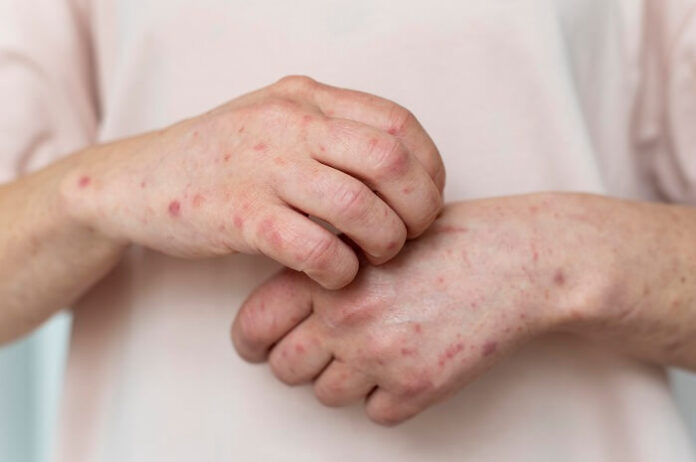Childhood obesity is associated with a heightened risk of developing immune-related skin conditions, such as alopecia areata, atopic dermatitis, and psoriasis. The transition from a normal weight to overweight increases the risk of atopic dermatitis, while weight loss may help reduce the likelihood of this condition.
Children with obesity were found to have a significantly higher risk of developing alopecia areata, atopic dermatitis, and psoriasis compared to those with normal weight (P for trend < .01). Those who shifted from a normal weight to overweight had a greater risk of atopic dermatitis (adjusted hazard ratio [aHR], 1.15; 95% CI, 1.11-1.20), while children who transitioned from overweight to normal weight had a reduced risk of atopic dermatitis (aHR, 0.87; 95% CI, 0.81-0.94) compared to those who remained overweight.
As reported by Medscape.com, the study’s authors suggest that the relationship between BMI and skin diseases may be influenced by weight gain’s proinflammatory effects and the upregulation of inflammatory cytokines. “These findings emphasize the importance of maintaining a healthy weight in children who are already within the normal range,” they noted. “Additionally, preventing excessive weight gain and promoting purposeful weight loss through healthy diet strategies, particularly before school age, should be encouraged to reduce the risk of atopic dermatitis in children with obesity.”
























